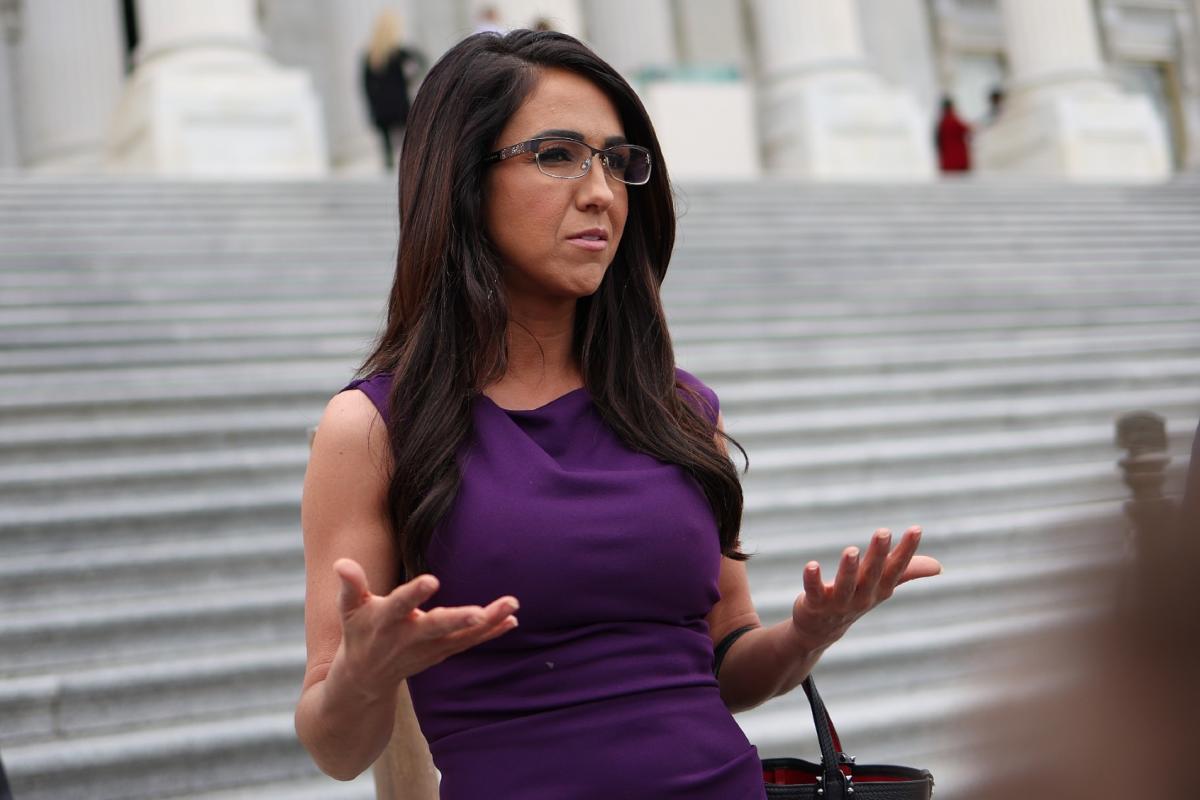Americans will be splashing around this summer in the backyard pools they’ve already got, but not splashing out as much on new ones.
Swimming pool installations were part of the home improvement frenzy that swept the country during the pandemic as Americans were stuck at home. But recent signs show demand is slowing as households with spending money shift it more toward vacations than renovations.
Pool Corp., a national pool equipment distributor with a roughly $11 billion market valuation, said last week it expects new pool construction to fall by 15% to 20% this year. Some local contractors across the country are seeing a pullback, too.
Skip Ast III, sales director at Shasta Pools in the Phoenix metropolitan area, said the local industry has been having a harder time since roughly 2022.
“If 2023 wasn’t already considered — by pool volume — kind of disastrous, this year’s been worse,” he said, but added that the company has managed to adapt.
While consumers aren’t cutting back on overall record spending, those with extra money in their budgets are increasingly burning it on experiences like travel, dining out and other service-sector purchases.
Airlines and hotels are expecting a strong travel season, cruise lines are seeing record bookings, and tickets for concerts and sporting events are still hot at sky-high prices. By contrast, nonessential household purchases are cooling off amid higher food costs and the Federal Reserve’s push to tame inflation by keeping interest rates elevated — triggering a long stretch of steep mortgage and credit card rates.
The falloff in big-ticket home purchases has been many months in the making, and pools aren’t the only backyard feature facing slower demand; Traeger Grills reported declining revenues in the first quarter, part of a trend that began early in the post-pandemic recovery. But businesses that rely on Americans’ appetite for home upgrades are still adjusting to leaner times — including pool builders.
In 2020, installations of all kinds of pools, from in-ground and hot tub pools to typically cheaper inflatable and above-ground models, rose by 20%, according to property analytics firm Cape Analytics.
At the time, “people started settling in for, ‘OK, we’re going to be at home for a while, we need to bring the vacations into our backyards,’” said Ast, whose family has been in the pool construction business for nearly 60 years. He recalled suppliers struggling to keep up with a crush of orders and contractors facing monthslong backlogs.
Scott Payne, a pool installer in Hatfield, Pennsylvania, also saw business explode during the pandemic: “As a company, we doubled revenue five of the first seven years. Two of those years were during Covid.” He described taking eight to 10 calls a day at the peak of demand.
But despite the more recent declines nationwide, Payne and Ast said their businesses are doing well, even as both have raised prices due to rising materials costs. Both said their work during the pandemic helped lay a foundation to weather this slowdown.
Responding to surging demand in an affluent area several years ago allowed Payne’s company to develop an “omnipresence” there that it’s still cashing in on, he said. While he has fewer projects in the works today, he’s doing more expensive ones, allowing his business to maintain its higher revenues.
“A lot of companies have maybe pulled back a little,” he said. “I can’t say we’re not seeing it, but we’re maybe a little isolated from it. We’re very, very busy still.”
Ast said Shasta’s own moves during the pandemic are also paying off as demand cools. It rolled out an online calculator to help potential clients estimate the costs of their projects, and it launched a new pool care division that offers maintenance services after installation. All these factors combined have allowed the company to take in a greater share of revenue from fewer consumers in the overall market, Ast said.
Even Pool Corp. pointed to a silver lining in the slowdown: After so many households recently built new pools or upgraded existing ones, there’s higher demand for upkeep services like the kind Shasta now offers.
“We are encouraged as maintenance-related product sales have remained stable, evidenced by volume growth in chemicals, and equipment sales (excluding cleaners) being down only 2% for the year, an improvement from the 3% decline realized in the first quarter of 2024,” the company said in its earnings release.
And with climate change contributing to earlier, hotter, more frequent heat waves — like those that scorched much of the country in mid-June — some consumers may be starting to see swimming pools as more of a must-have.
In Arizona, Ast said, “the lines get blurred a little bit between luxury and need in the middle of the desert.”
This article was originally published on NBCNews.com
Signup bonus from




